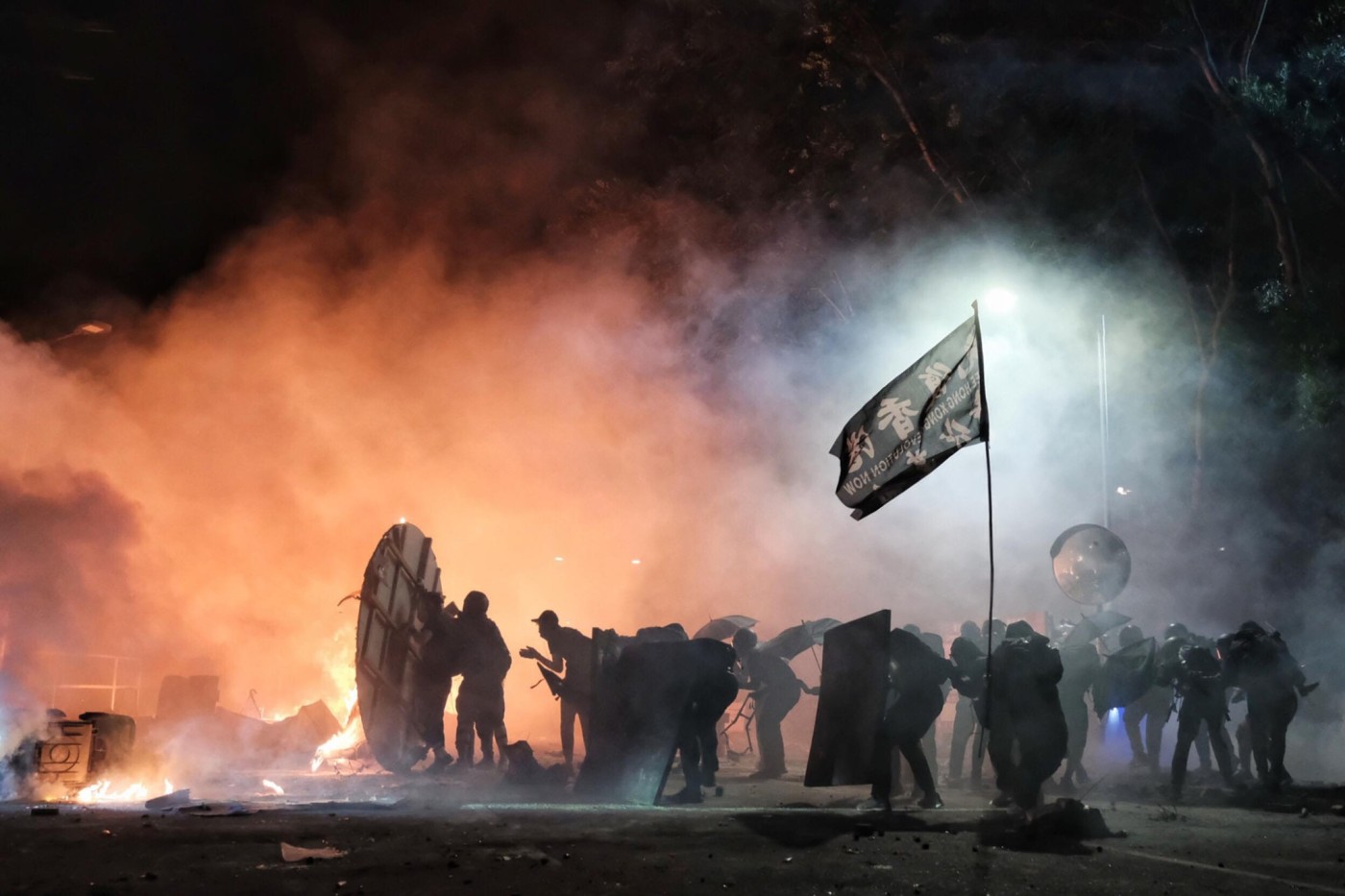The four-day occupation of Chinese University of Hong Kong has come to an end (for now?). And every student that took part in the construction and utilization of a fortified base around the campus were able to peacefully evacuate the place with no outside intervention. During the extraordinary occupation, I got to witness the various discourses that was formed after the university decided to give the semester an early end. Some fully supported the student demonstrators and provided various forms of aid: material, moral and informative. And some condemned such acts by labeling student demonstrators as violent people who hindered the transportation, education and safety of other citizens.
I came to realize that most of such polarizing thoughts emerged from the analysis of the very details in events, whether from rumors or video footage, such as ‘who was the first one to assault the other party’, or ‘what equipment was used as a tool for violence’, or ‘was the person who caused such provocation indeed a student demonstrator or an undercover police’ etc. But are we asking the right questions?
I believe that asking the wrong questions, such as ones above, which focus on the very human but not the political factor, have done nothing but cause further divisions and lead people into no-good arguments. Therefore, by focusing on whom to blame and on finding scapegoats, many people are being strayed away from asking how and what has caused everything to come to this point. By narrowing critique to merely the products of the products of the products of structures, we are turning a blind eye to the structures that produce the agents which people blame.
Another problem that emerges when we ask such wrong questions is the deconstruction of symbols that are being invaded or protected. By symbols, I mean the symbolism of the intellectual space of the young generation; or the invasion of such space by the state, as in giving the message that “your free thinking and your next generation of ‘productive population’ is always under the supervision of the state”. And with the deconstruction of the symbols embedded in every political move, by asking the wrong questions, during the Hong Kong protests, it is no surprise that one labels student demonstrators as merely ‘violent protestors’, instead of realizing the broader meaning being reflected to the public both by the state intervention and the guarding by the student demonstrator.

it’s always better to see or try to even, to try to see the bigger picture but when you favor one side over the other I think we -mostly- are too weak to let our personal preference and ideologies away and see things objectively, instead we scapegoat individuals like you said or just explain things very primitively
LikeLiked by 1 person